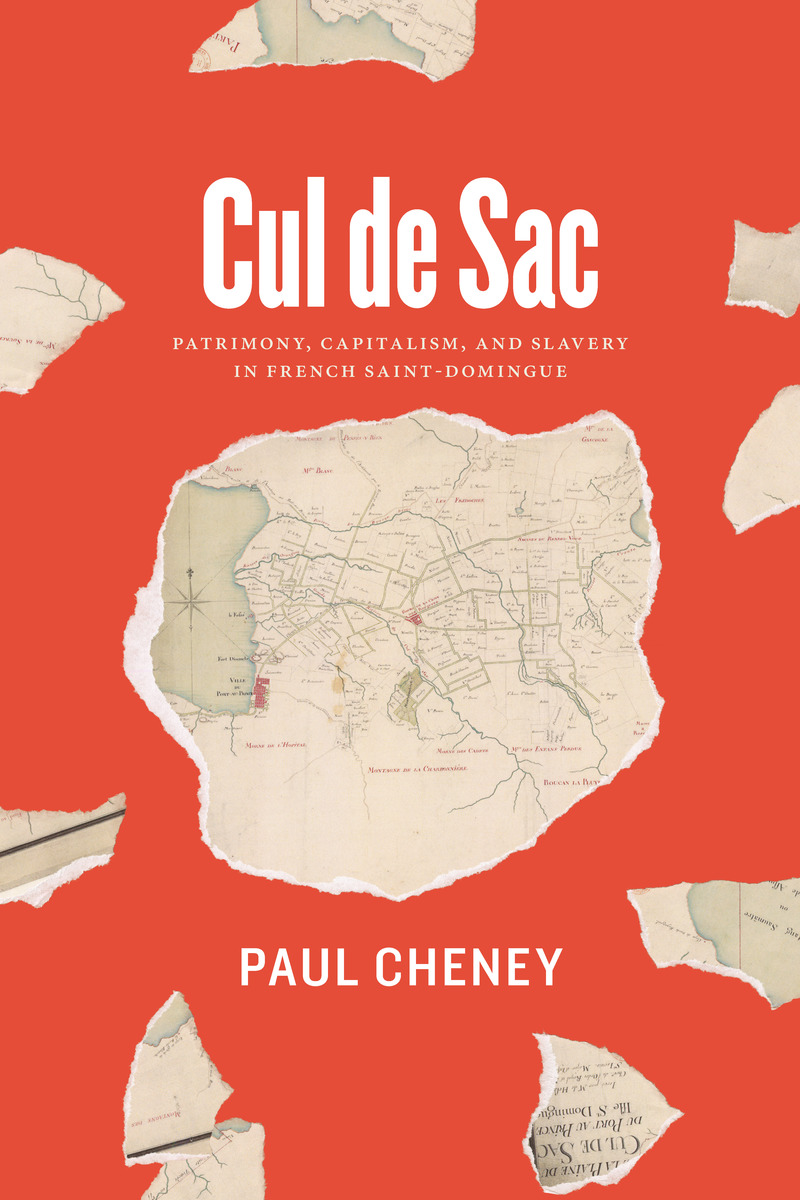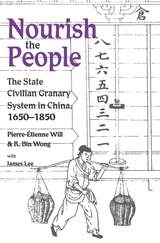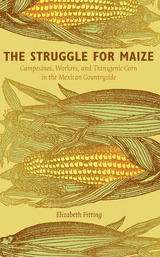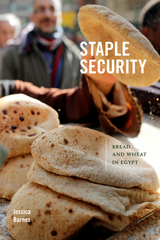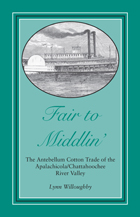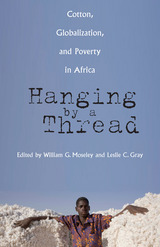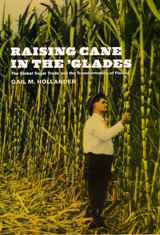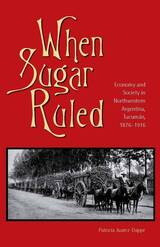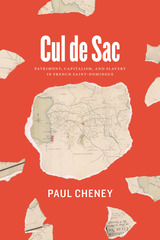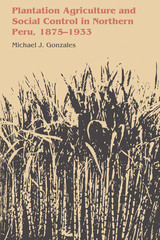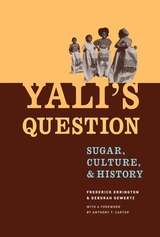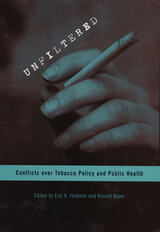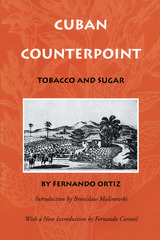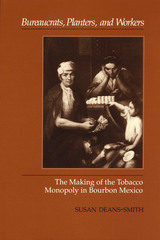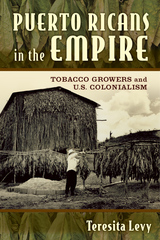Cul de Sac: Patrimony, Capitalism, and Slavery in French Saint-Domingue
University of Chicago Press, 2017
Paper: 978-0-226-67925-9 | eISBN: 978-0-226-41177-4 | Cloth: 978-0-226-07935-6
Library of Congress Classification HD9114.H2C47 2017
Dewey Decimal Classification 338.173610972945
Paper: 978-0-226-67925-9 | eISBN: 978-0-226-41177-4 | Cloth: 978-0-226-07935-6
Library of Congress Classification HD9114.H2C47 2017
Dewey Decimal Classification 338.173610972945
ABOUT THIS BOOK | AUTHOR BIOGRAPHY | REVIEWS | TOC | REQUEST ACCESSIBLE FILE
ABOUT THIS BOOK
In the eighteenth century, the Cul de Sac plain in Saint-Domingue, now Haiti, was a vast open-air workhouse of sugar plantations. This microhistory of one plantation owned by the Ferron de la Ferronnayses, a family of Breton nobles, draws on remarkable archival finds to show that despite the wealth such plantations produced, they operated in a context of social, political, and environmental fragility that left them weak and crisis prone.
Focusing on correspondence between the Ferronnayses and their plantation managers, Cul de Sac proposes that the Caribbean plantation system, with its reliance on factory-like production processes and highly integrated markets, was a particularly modern expression of eighteenth-century capitalism. But it rested on a foundation of economic and political traditionalism that stymied growth and adaptation. The result was a system heading toward collapse as planters, facing a series of larger crises in the French empire, vainly attempted to rein in the inherent violence and instability of the slave society they had built. In recovering the lost world of the French Antillean plantation, Cul de Sac ultimately reveals how the capitalism of the plantation complex persisted not as a dynamic source of progress, but from the inertia of a degenerate system headed down an economic and ideological dead end.
Focusing on correspondence between the Ferronnayses and their plantation managers, Cul de Sac proposes that the Caribbean plantation system, with its reliance on factory-like production processes and highly integrated markets, was a particularly modern expression of eighteenth-century capitalism. But it rested on a foundation of economic and political traditionalism that stymied growth and adaptation. The result was a system heading toward collapse as planters, facing a series of larger crises in the French empire, vainly attempted to rein in the inherent violence and instability of the slave society they had built. In recovering the lost world of the French Antillean plantation, Cul de Sac ultimately reveals how the capitalism of the plantation complex persisted not as a dynamic source of progress, but from the inertia of a degenerate system headed down an economic and ideological dead end.
See other books on: Haiti | Plantation owners | Revolution, 1791-1804 | Sugar plantations | To 1791
See other titles from University of Chicago Press
